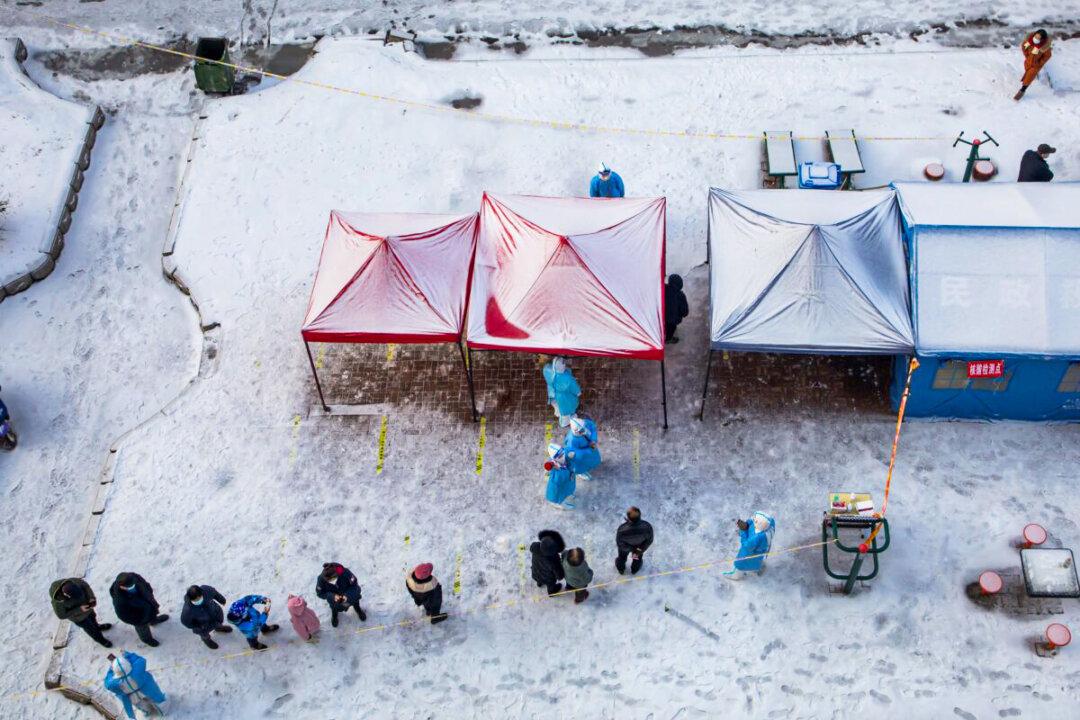Dozens of migrant workers constructing makeshift hospitals in China’s Jilin Province were infected with COVID-19 due to the harsh living environment and lack of protection.
These workers have been quarantined in those makeshift hospitals, all the while having not received payment for their labor, but forced to pay for quarantine.





